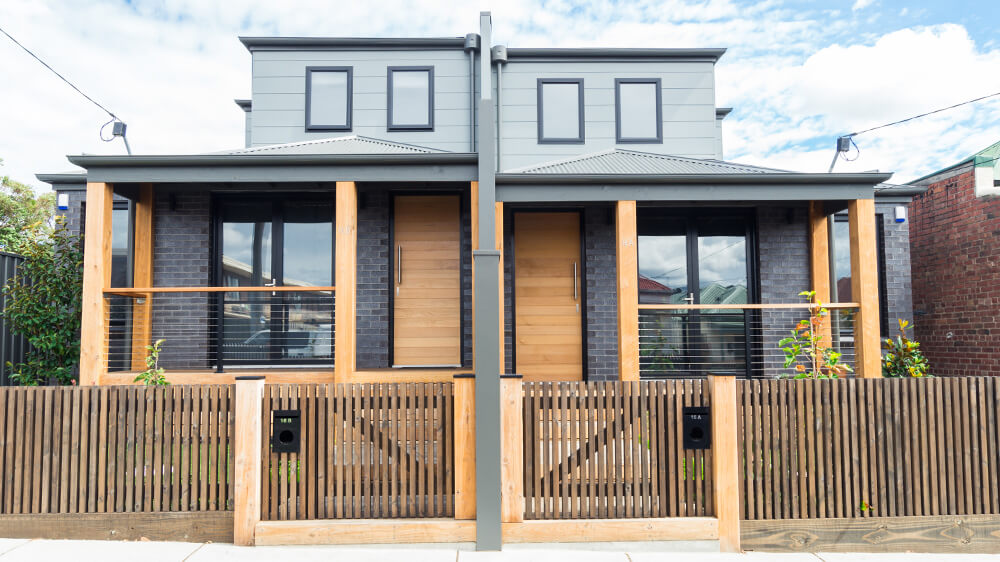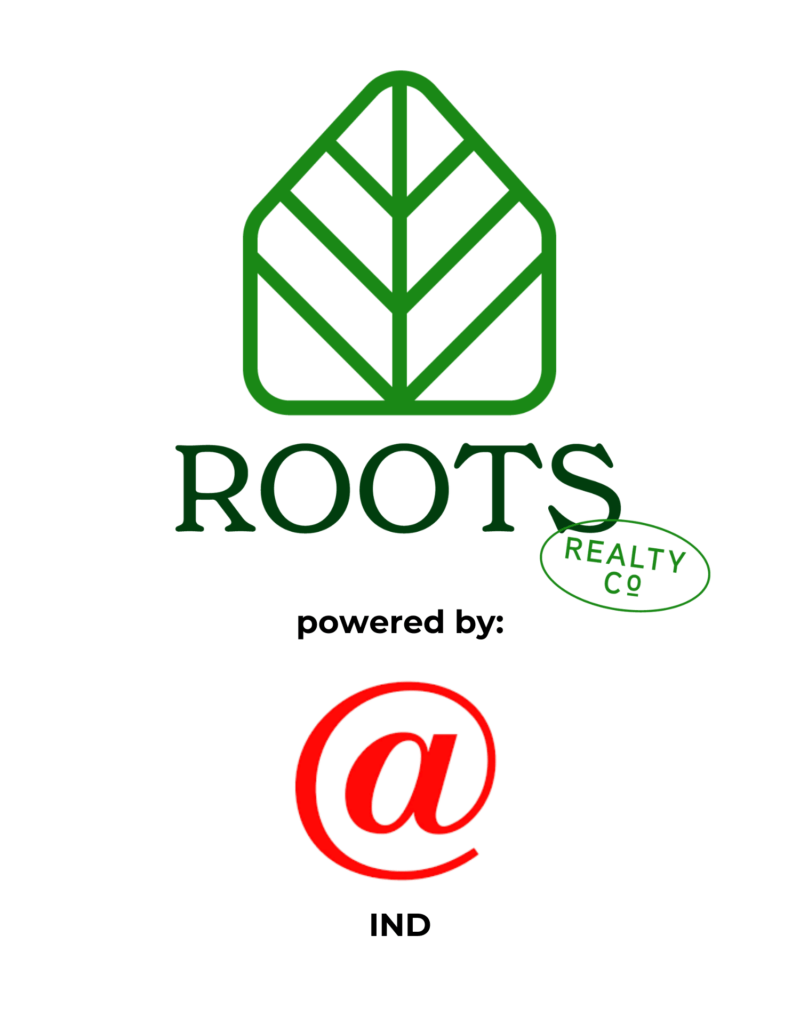Here's how to become a successful real estate investor, as quickly as possible:
This post will be short & sweet for now, serving more as a point of reference. As I continue to flesh it out I will release a more in depth version.
With that being said, let’s go on to your steps to becoming a real estate investor as quickly as possible.
And this works for anyone, regardless of if you come from a trust-fund family or you are scraping away paying of student loan debt, car debt, credit card debt, etc.
*This post assumes you are currently renting and do not own your own home. However, it will be useful to read for anyone at any stage I’d think.
———–
Building Blocks — Phase 1
Step #1. Get on a tried-and-true plan. My post here is more of an outline, or general roadmap, and less of an in-depth plan.
Here’s two very fleshed-out plans I suggest following like the your REI Bible: Baby Steps Millionaire by Dave Ramsey or Set for Life by Scott Trench. I personally am still following the guidance I learned while reading Set for Life back when I was 21 years old. You have to read. All of the successful young investors I know read anything they can get their hands on relating to REI.
Step #2: Rainy-day fund. Abiding by one of those plans / books, you will start your financial journey to becoming a successful real estate investor by building up a rainy-day fund. If you don’t have financial margin through a rainy-day fund, you will never be able to invest. This number should be the equivalent of at least $1000, but preferably 3-6 months of living expenses in case of emergency.
Step #3: Save for a downpayment. Once you have your rainy day fund set aside, you will begin saving at least 20% of everything you make. You will need to set this on autopilot. There are many banks that now have a software to allow you to automatically transfer 20% of what you make into savings. It would be at this stage that you would also improve your skills and marketability to try to increase your salary / wage.
Step #4: Build your credit score. By paying down smallest debts first, and keeping a low utilization rate on credit cards, you will build up your credit score. This is vital if you want to use bank money to fund investments (and you will). You need to build your credit score to at least 700 but preferably 750+.
Getting Started — Phase 2
Pre-requisite: Must have a credit score of 650 and at least $15,000 saved. If you aren’t here yet, go back to Steps 1-4 and complete them!
Step #5: House Hack. You will now use a 3.5% Down FHA Loan, 5% Down Conventional Loan, or 1% Down CRA Loan to buy your first property. This will serve as your primary residence and investment. We are going to look for a duplex, triplex, or quadplex. You will eliminate or greatly reduce your housing expense by collecting rent on the sides you don’t live in. Now, you will be building equity quickly, saving even more money, and have your first deal under your belt to collect rent in the future. See the snow ball rolling!? For guidance on this stage refer to my house hack guide you can download here (link).
Step #6: House Hack, again. While living in your first house hack you’ll save up the necessary downpayment to do another house hack duplex, tri, or quad. You will purchase a new one, and then keep the old one as a cash flowing investment vehicle. Now you should have multiple units helping fund your lifestyle. With each unit, we are getting closer to allowing your investments to pay for your lifestyle. IMPORTANT: Do not begin to ramp up your lifestyle costs. Keep them as low as you comfortably can, we aren’t truly wealthy yet…
*Optional: If you’d like to House Hack for a third or even fourth time, by all means, go for it. However, for the purposes of this guide I’m not saying you must.
Intermediate Real Estate Investor — Phase 3
Pre-requisite: Should have cash flowing units as well as a much larger rainy-day fund. We are looking for around $30,000+ saved up at this point.
Step #7: Purchase your first non-primary residence. A non-primary residence will require at least 20% down. Here’s how you will fund this — OPTIONS: A) Through savings from your cash flowing units, B) By partnering up with someone. In my own case, I partnered up with a friend who offered me about 75% of the downpayment, whereas I provided more of the sweat equity / management. This allowed me to buy my first non-primary residence with less than 20% down on my own.
Step #8: Begin to Specialize. What will you become world-class in? Start building that. BRRRR’s (Buy, rehab, rent, refinance, repeat), long-term rentals, short-term rentals, raising private capital? Start to build a niche to gain massive momentum & confidence in yourself. Start to build a niche that you can become well-known for. Keep doing this for years & years until it’s automatic.
Advanced Real Estate Investor — Phase 4
Pre-requisite: Should have multiple units and quite a large amount of equity in the real estate market (over $200k). The people in your life know you’re in real estate and respect your proficiency.
Step #9: Begin to raise private capital. You can only go so far on your own savings, or even partners. You’ll run out of cash pretty quick. You now need to think about scalability, which involves raising capital to invest it for others. Think of yourself like a service provider for your friends & family.
Step #10: Outsource, Optimize, and Enjoy. Although you’ve worked yourself to the bone to get here, now is the time to replace yourself and reap the rewards of your hard work. At this point, your investments should pay for your lifestyle, and then some. This is when you’d most definitely replace yourself out of property management, if you haven’t already. Find an Operations Director (COO) to direct things, become chairman of your own company, and live life on your terms.
—
This post was obviously very high level, intentionally. There could be (and are…) books written about each step here. I’ll leave you with some must reads if you’re ready deploy this plan:
- Rich Dad, Poor Dad by Robert Kiyosaki
- Set for Life by Scott Trench
- The Book on Rental Property Investing by Brandon Turner
- Raising Private Capital by Matt Faircloth
—
To get started book a call with my team here:
Cheers,
Tyler



